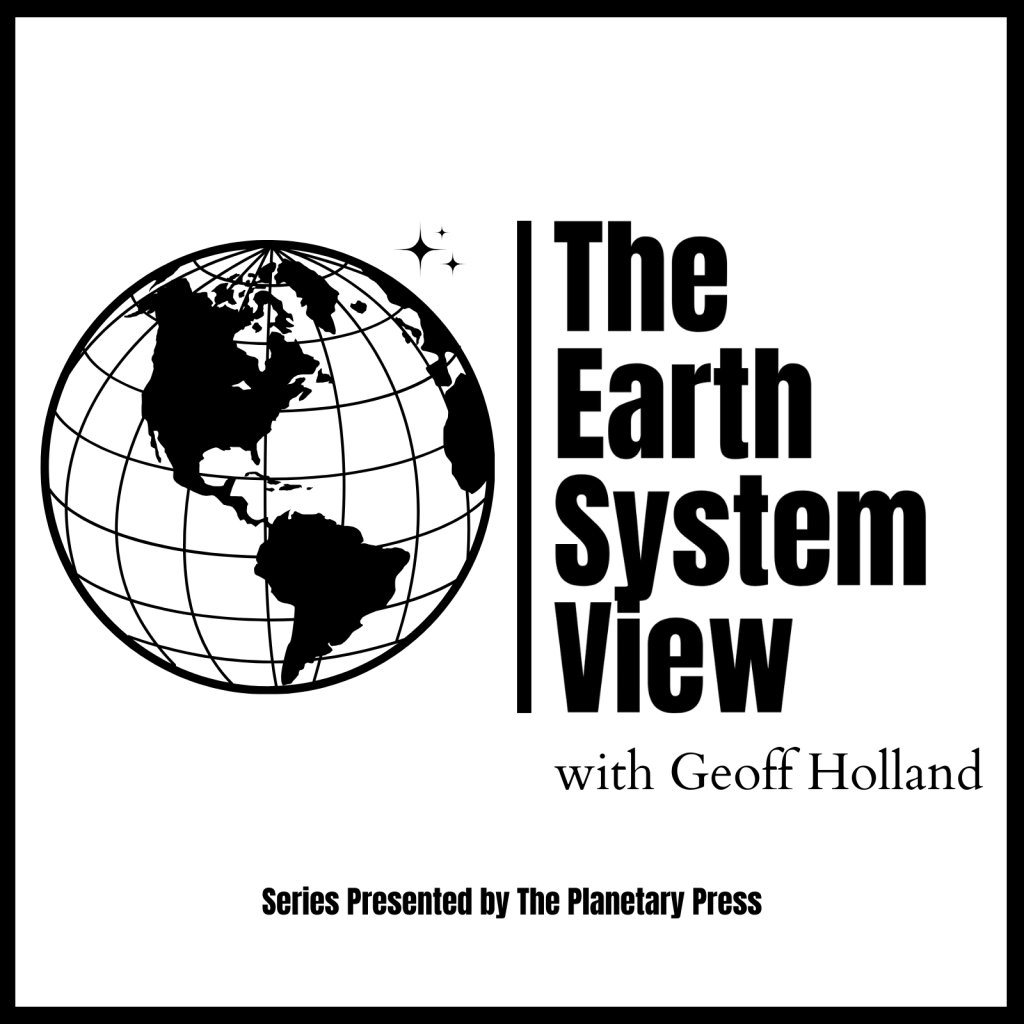
Robyn Alders is a veterinarian and an Honorary Professor with the ANU Development Policy Centre, ANU Institute for Climate, Energy and Disaster Solutions, Department of Pathobiology and Population Sciences at the Royal Veterinary College in London and Veterinary Department of Infectious Disease and Global Health, Tufts University. She is also a Board Member of the Council for the Human Future and a Senior Consulting Fellow with the Chatham House Global Health Programme.
For over 30 years, she has worked closely with smallholder farmers and producers in sub-Saharan Africa, South and Southeast Asia, and Oceania as a veterinarian and researcher with an emphasis on the development of sustainable infectious disease control in animals in resource-limited areas in support of food and nutrition security, income generation, wildlife conservation, and public health. Robyn’s current research and development interests include food and nutrition security/systems, gender equity, and science communication.
Geoff Holland: When you look at the ‘Big Picture’ view of how humans live on Earth, what troubles you about what you see?
Robyn Alders: The thing that troubles me most is that now that the majority of humans live in urban settings, more and more of us have lost touch with the earth systems that keep us alive. We’re completely caught up with the day-to-day struggle of living in cities and paying mortgages, and we don’t have time to think about the ecosystem services that support our health and well-being and the health and well-being of the wider environment.
GH: You have long been focused on the way humans feed themselves. What are the factors that make human food security increasingly dysfunctional and unsustainable?
RA: I could speak all day on this. I think the main problem is that we have lost focus on nourishing people. Food production is agricultural production, and food is considered a commodity. Producing food is not considered part of healthcare. This is a problem. Under our current economic system, producing large quantities of food that is more or less safe for human consumption is what gets rewarded economically. The nutritional profile of that food is less often considered. So, now we have bigger and bigger cobs of maize. We have dairy cows producing more and more milk. We have commercial chickens, the meat chickens that are bigger than ever, and yet the nutrient profile of these products is actually poorer than it was.
So, I think we need to join food production with healthcare and have public health nutritionists and those who care for humans working with the people who produce the food— the farmers, the value chain actors, and those who are working to develop circular and sustainable bioeconomies to ensure that there is due and appropriate economic reward for people who are producing food that is of high nutritional value, safe, and that is all also produced in a way that’s looking after the land and the water where it’s produced.

GH: Human cultures have been male-dominated for many millennia, with women marginalized and nature reduced to resources for unchecked exploitation. Given that the human population has more than doubled from four billion to eight billion in just the past fifty years, can you talk about the kind of fundamental human cultural transformation needed to ensure the survival of future generations?
RA: I would actually suggest that part of the framing of this question is incorrect. It’s true that the societies that most of us live in today remain male-dominated and have been male-dominated for many centuries. However, not all societies were so male-dominated. If we look at Indigenous societies in Australia, the Americas, and Africa prior to colonization by European colonizers, the position of women was much better.
I was fortunate to have a history lesson provided by the late Sister Chiezza in Zimbabwe, who kindly educated me about gender dynamics. I went on to read history in Zimbabwe, where I was kindly educated concerning gender dynamics from the African perspective. That revealed that the position of African women declined significantly post-colonization. It’s the case here in Australia. Post-colonization, the position of Indigenous women has also been reduced in line with the Western values, where you get married, you take your husband’s name. He gives you an engagement ring, so he’s buying basically your reproductive services.
So, I think we need to have more historians involved in this discussion, and historians coming from diverse societies, to reveal to us that there are different ways of being and that it’s not always necessary to focus on the subjugation of women but rather to focus on having a society, a community that works effectively. To have an effective community means that all members are respected, valued, and understood and are valued for the role that they play in it. So, moving forward, the first thing for me would be a good history lesson and then to discuss what we can learn from the past and what elements of those more enlightened societies we could use to reconstruct how genders relate in the 21st century as we move forward.
GH: More than a few humans are now engaged in activism designed to advance the welfare of women. Many others are focused on nature and on aspects of the environment long subjected to human abuse. How do we get human concern and activism to focus on the ‘Big Picture’ and the indispensable natural systems we all depend on for survival?
RA: I am not sure that scientists, particularly natural scientists or physical scientists, are able to do that. I think that in order to help people to be able to lift their minds from their immediate problems of passing exams, paying the mortgage, and putting food on the table, we need to find allies within the artistic community.
Playwrights, authors, filmmakers— people who are able to tell stories that will capture people’s imaginations and help us see that in the midst of all the business in our minds, there are new ways of seeing the world, and we really desperately need positive messages to come through so that people can see that as they continue to focus on their immediate survival, there are also things that they can do that will help to support the survival of future generations.

GH: More than a few have said that progressive-thinking people lack focus. They are concerned, many very concerned, but they lack common purpose. Does the world need a beacon that people can commit to collectively that can translate into useful power to effect change?
RA: Absolutely. We do need a big idea, and we need a big idea that’s going to involve large numbers of the voting public. In countries where we have democracies, we’re aware that governments largely chart their course according to opinion polls. So, what we really need is to have those opinions that are coming up to the government reflect our concern and our commitment to making positive change. And so, with the Council for the Human Future, and particularly through the work of Julian Cribb, we have come up with the idea of an Earth System Treaty. This is a gathering of really important topics that need to be managed and are interrelated. Just focusing on one will not solve the problems that our world faces. So, we need to find ways to work that are synergistic and that get us a win-win so that when we make change, we’re making positive change on a range of these issues.
One of the topics includes the Sustainable Development Goals, and it’s important to state that, in most cases, including in Australia, we are off track to meet our goals, the aim of which is to make positive change by 2030. In Australia, as in many countries, we remain off track to deliver on that. So, as we approach 2030 and start to think about what will happen after 2030, we hope that our Earth will be able to make changes in the future. A treaty can be a mechanism that will start people thinking about the ways that we can live and operate to help us achieve these really crucial goals.
GH: These days, humans almost everywhere are overwhelmed by an onslaught of attention-grabbing, mind-numbing media. Can the Earth System Treaty become the antidote that can inspire every brand of humanity across the planet to come together behind a worthy common purpose?
RA: I certainly hope so. With the help of our creative colleagues and using the power of the internet, we hope to be able to get our message out in a way that’s palatable and encourages the public to implement it. I do hope that we are going to see a shift towards people making positive change in a way that will encourage governments at the national, regional, and international levels. They must catch up with what human communities have decided we must do for the survival of our species and all the ecosystems that are essential and make the Earth what it is.
Stay tuned for more of The Earth System View series!

Hosted by author and veteran Stanford MAHB journalist Geoff Holland, The Earth System View explores the progressive idea of an Earth System Treaty as a solution to our planetary challenges.







